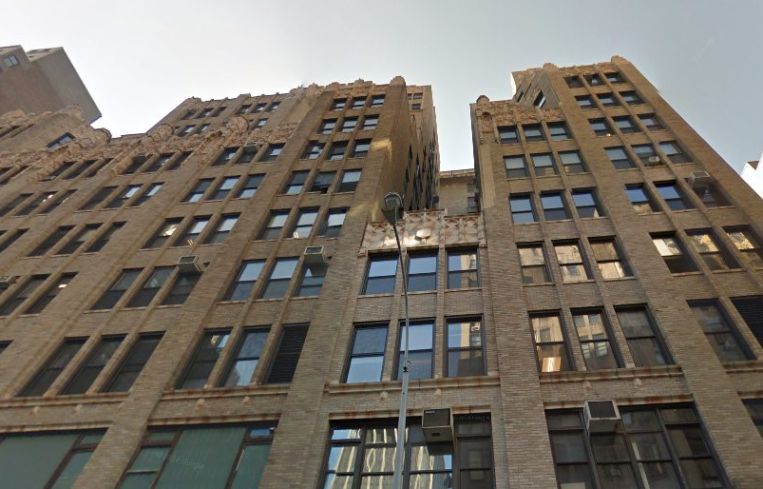Walter & Samuels Sues WeWork for $37M After Alleged Chelsea Lease Default
By Nicholas Rizzi April 26, 2021 1:03 pm
reprints
Walter & Samuels sued WeWork for $37 million after it claimed the coworking giant defaulted on its lease at 214 West 29th Street and reneged on a deal to keep its tenants in the building, court records show.
The landlord filed the suit on Friday in New York Supreme Court, accusing WeWork of failing to pay a $584,500 security deposit for the fourth floor of the 17-story building, then skipping its January, February and April rent, The Real Deal first reported.
“It is our belief that this litigation is meritless given the fact that there is no default on our lease whatsoever — we are current on rent and all other obligations under the lease,” a spokesperson for WeWork said in a statement. “We have amicably and successfully worked with more than 150 landlord partners around the world throughout our portfolio optimization process over the last year, and find it unfortunate that Walter & Samuels has regressed to such frivolous tactics.”
A spokesperson for Walter & Samuels did not respond to a request for comment.
WeWork first took 100,000 square feet in the office building between Seventh and Eighth avenues in 2018 with an aim to target larger, enterprise tenants, as Commercial Observer previously reported.
As part of the 15-year deal, the landlord shelled out $12 million to convert the seven-floor space to WeWork’s specifications, which it would do in stages, according to court documents. WeWork agreed that if it ever defaulted on the lease, Walter & Samuels could take over WeWork’s tenants in the building under subleases, court documents claim.
However, WeWork failed to pony up on the security deposit when the fourth floor was ready in June, then stopped paying rent, the complaint alleges.
WeWork closed the Chelsea location as part of its plans to shrink its office portfolio, as it tried to right-size its balance sheet and “surreptitiously” started to tell its tenants they would need to relocate to other WeWork locations, court records show. Despite that, the landlord said WeWork said that “it was ‘committed’ to remain at the building.”



